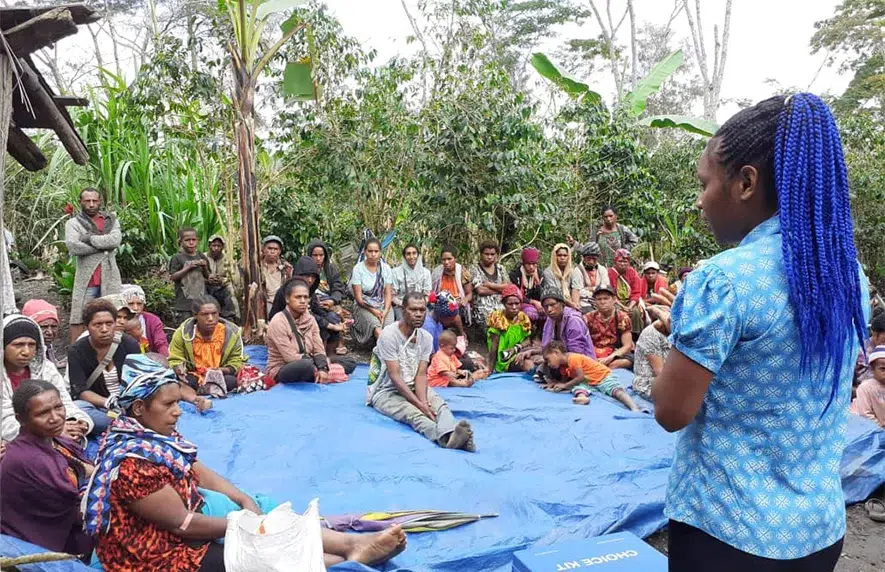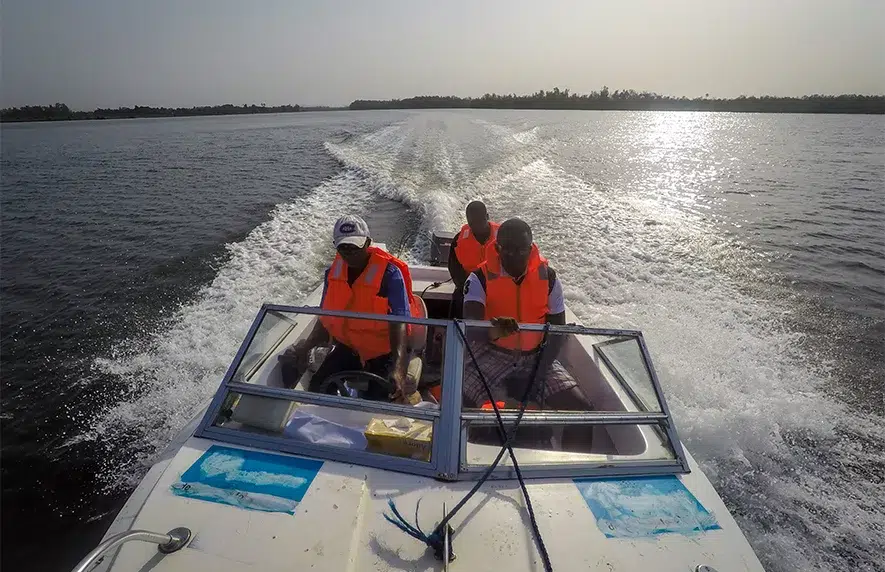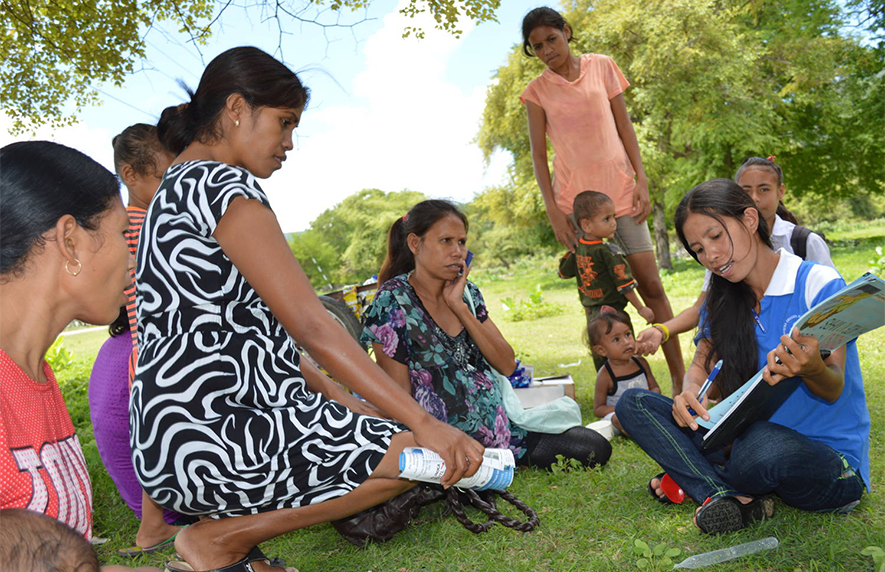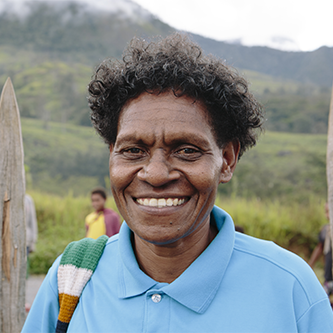Imagine if you didn’t want to get pregnant, but you lived a day’s trek from the nearest health service.
When you finally arrive, the contraception you want is out of stock, out of date, isn’t available, or costs more than you can afford. What would you do?
This is one example of the challenges faced by millions of women around the world, every day.
At MSI, we think this is unacceptable. And it’s why our outreach teams travel long distances by any means necessary to reach people with services that many of us take for granted.
Our outreach teams of 3-5 health workers drive, fly, sail or trek to deliver a range of free or subsidised high-quality and modern contraception to people in rural and remote communities. Our teams often travel for long periods of time, over rugged, difficult terrain, but they know that without MSI, many people would miss out on services
We offer a range of short-term, long-term and permanent methods, which means the people we reach can get on with their lives without constantly worrying about their health or getting pregnant. Sometimes they don’t have to think about it for years.
How outreach works
Our outreach teams are flexible and hard-working and tailor their approach to the local context. Outreach clients can expect to receive high quality care, regardless of the location where this is delivered. Our services are only provided once the client has received comprehensive counselling on the range of options available. Counselling is also an opportunity to address local myths and misconceptions, and ensure all our services are client-centred.


Joint outreach
We often partner with other organisations or government health workers to provide comprehensive health services to a remote area. This might mean one of our team members jumping on a plane with other nurses, doctors or health practitioners to provide a community with several health services at once, allowing us to reach as many clients possible.
Outreach schedules are planned in advance, and we try to notify as many people as possible about our visits, announcing our outreach destinations on local radio and social media.
Tailored approaches
We want our services to enhance existing health systems, so we collaborate with local government businesses and the local community to identify what will work best for their unique context.
Depending on the location our outreach teams set up clinics at under-used public health centres, in village meeting halls or they erect their own tents to provide services. And even though some of the locations we visit are very basic, we do everything possible to make our clients comfortable.


